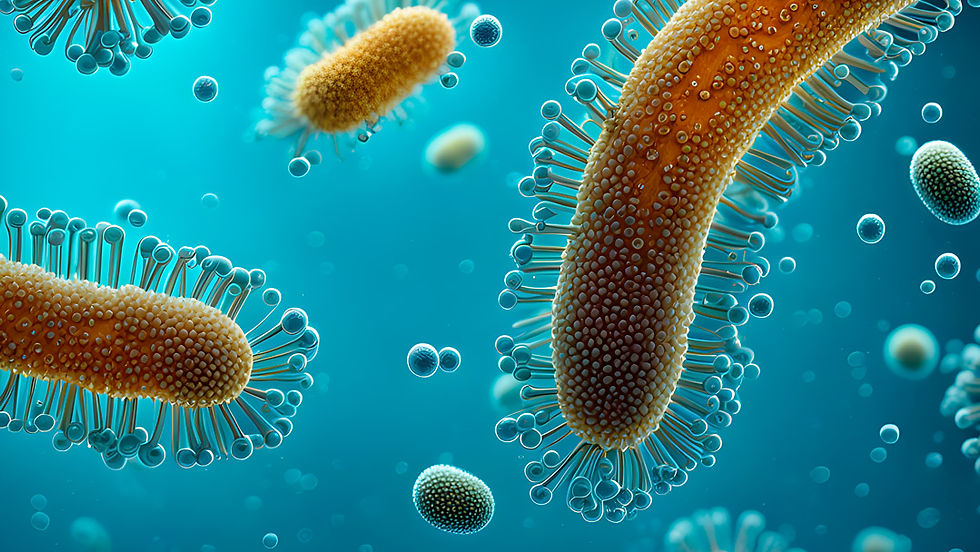Water Hygiene Compliance: Best Practices for Professionals
- Pedro Duarte
- Apr 5, 2023
- 2 min read
Updated: Mar 1, 2024

Water hygiene is an important aspect of public health, and compliance with regulations and standards is critical to ensure the safety of water systems. In this essay, we'll explore some best practices for water hygiene professionals to help ensure compliance with industry standards and regulations.
Conduct Regular Risk Assessments:
Regular risk assessments are crucial to identifying potential hazards and sources of contamination in water systems. Water hygiene professionals should conduct thorough risk assessments at least once a year to identify areas of concern and develop mitigation strategies.
Implement Water Treatment Programs:
Water treatment programs are essential to ensuring the quality and safety of water systems. Professionals should implement treatment programs that are tailored to the specific needs of their systems, including appropriate disinfection and cleaning procedures.
Develop Water Management Plans:
Water management plans are critical to ensuring the ongoing safety and compliance of water systems. These plans should outline the responsibilities of staff, procedures for monitoring water quality, and strategies for mitigating risks and responding to emergencies.
Train Staff:
Properly trained staff are essential to maintaining water hygiene compliance. Professionals should provide regular training and education for staff members on the importance of water hygiene, proper disinfection and cleaning procedures, and protocols for responding to emergencies.
Use Appropriate Testing and Monitoring Methods:
Regular testing and monitoring are critical to ensuring compliance with water hygiene standards. Professionals should use appropriate testing and monitoring methods to detect potential issues and respond promptly to any concerns.
Document Compliance Activities:
Documenting compliance activities is essential to ensuring accountability and maintaining a record of activities. Professionals should maintain detailed records of risk assessments, water treatment programs, water management plans, staff training, and testing and monitoring activities.
Stay Up to Date with Regulations and Standards:
Compliance with regulations and standards is critical to ensuring the safety of water systems. Professionals should stay up to date with changes to regulations and standards, and adjust their practices accordingly.
In conclusion, water hygiene professionals play a critical role in maintaining the safety and compliance of water systems. By following these best practices, professionals can help to ensure that water systems remain safe and compliant with industry regulations and standards.


Comments